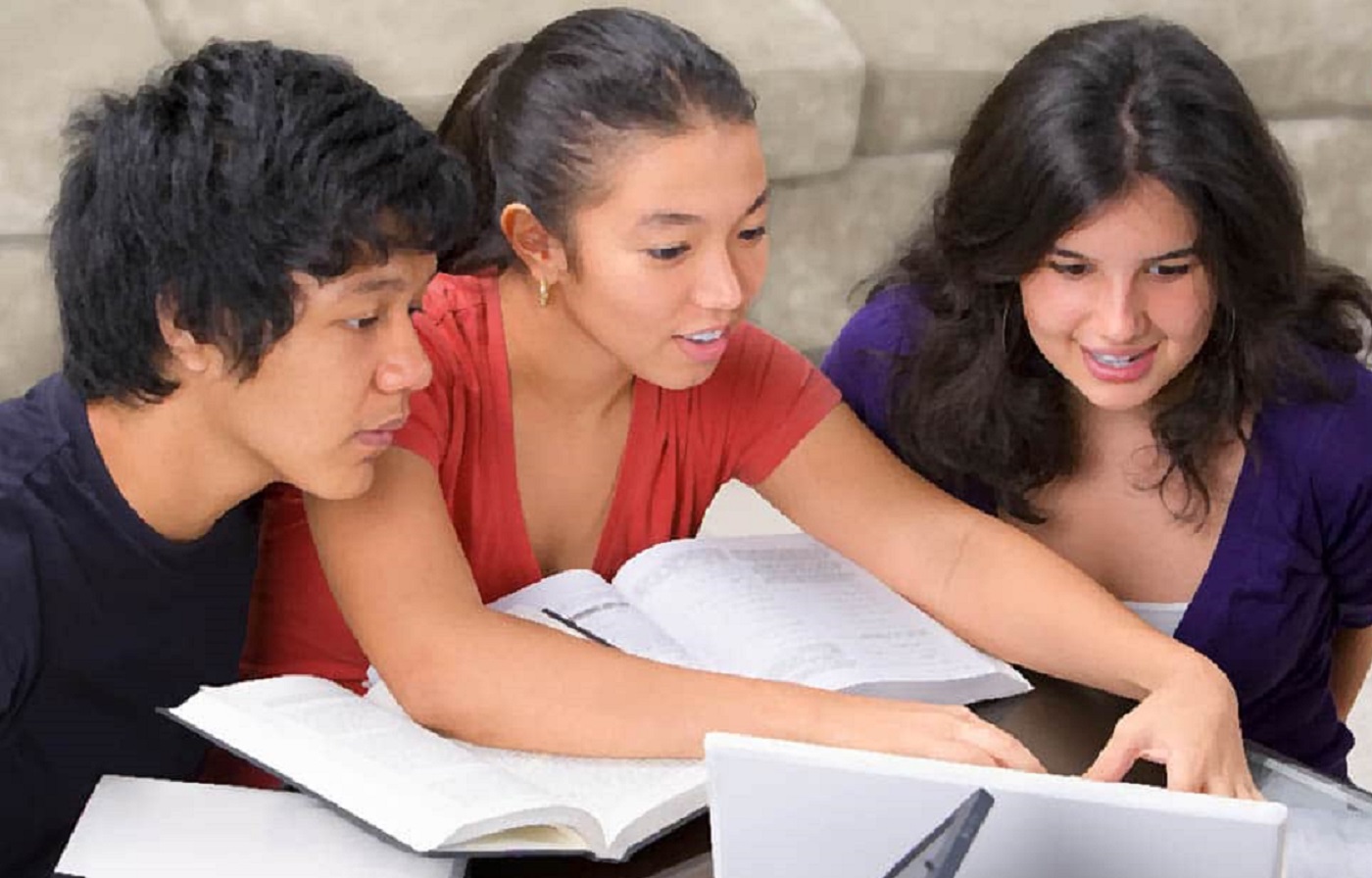Significance of Education in the Best International Kids Preschool for their Overall Growth

Primary education is the most fundamental right of every child. It raises children’s awareness and opens the door to a variety of learning opportunities. The first step toward formal education is primary education. Primary education’s overarching goal is to create and develop a child’s reading, emotional, and social skills. Primary school provides the foundation for a child’s successful future. Because kids preschool education is so important, the finest CBSE school in Bangalore exposes pupils to a variety of modern learning methods, including technology. Children learn more than simply reading and writing in primary school. When children engage with other kids in their primary school age group, they begin to adapt to the new environment and prospective changes.
What Exactly is Primary Education?
Primary education is the most common stage of formal education. It teaches kids the fundamentals of many courses as well as the abilities they will need throughout their life. Primary school levels often span from grade 1 through grades 4-7, depending on the school district and state legislation. In India, primary schooling lasts eight years. It seeks to promote the harmonious and complete development of children. Furthermore, the major goal of primary education in India is to foster the moral, cultural, spiritual, physical, and mental growth of students in the best international schools and society.
Elementary Educational Purposes
In an age of technological advancement and globalisation, we must equip our students to succeed in the future. Schools in India should prepare students for the twenty-first century while conserving Indian cultural values. The goal of elementary schooling is to address the need for and importance of primary education. The following are the primary goals of elementary education:
1. Illiteracy
The youngster should learn his mother tongue, his first language, to the point where he can express himself clearly and effortlessly.
2. Mathematics
The youngster should be able to perform four fundamental arithmetic operations and utilise these numerical operations to solve difficulties in his daily life.
3. Technology
The child should grasp the fundamental process of scientific inquiry and begin to comprehend the application of science and technology.
4. Nationalism
Respect for national symbols such as the national anthem and flag should begin in primary school. They must develop an aversion to casteism, communalism, and untouchability.
5. Respect for human dignity
The child should learn to have a positive attitude toward human dignity and labour.
6. Personal hygiene practises
The child should learn the value of cleanliness and develop habits of cleanliness as well as an understanding of proper hygiene and sanitation in the neighbourhood.
7. Sense of Aesthetics
The child should develop an appreciation for the beautiful and good and a desire to care for its environment.
8. Collaborative Spirit
The child should learn appropriate behaviour and how to work with others. They should see the value of working together toward a common objective.
Aside from these fundamental schooling objectives, other desired attributes that should be fostered include character and personality development, honesty, kindness, leadership, and so forth.
The Significance of Basic Education
Primary education is the foundation of development. Primary schools are the foundation of basic education. Primary schools play a crucial role in a child’s development and the process of becoming a better human being. Every child should learn the basics of collaboration and communication.
As a result, sending your child to primary school is critical for their growth. Parents frequently emphasise private school fees when looking for private primary schools to enrol their children in. While budget is a significant consideration in education, there are numerous institutions with lower prices but poor educational quality.
1. Moral Principles
Primary education provides youngsters with the foundation for understanding moral ideals and ideas. In addition to the conventional curriculum, pupils in primary schools are taught the virtues of respecting others and their perspectives. These elements are critical for general development, character development, and determining the best path.
2. Social Advancement
Primary school is the first location where children learn to interact with all types of people, such as teachers and classmates. One of the goals of basic education in schools is social development. Children are introduced to a new setting in which they learn to play, connect, and share with their peers.
A primary school is also a place where youngsters meet new people, learn to help one another, participate in sports, and group activities, and do a variety of other things.
3. Reading and Communication Capabilities
While in primary school, a child learns to read for the first time. Reading is one of the most beneficial habits for all people, even children. It allows kids to visualise and imagine what they are reading, increasing excitement and recall.
4. Gaining Confidence
When a child enters primary school, he or she is exposed to a good learning environment in which teachers are well-educated to deal with young students. Children learn and develop in an encouraging and supportive atmosphere, and basic school helps them gain confidence.
5. Encourages Independence
One of the goals of basic education is to encourage children’s independence. When a child is separated from his or her moms, he or she can develop his or her true self, which is one of the most significant components of growth. They are allowed to work freely and thus use their wits to complete tasks.
Conclusion
Primary education lays the groundwork for a child’s entire growth and future success. Primary school is where children learn the fundamental skills that will prepare them for a job, life, and active citizenship. The simple answer to the question, “What is primary education?” is that it is an education that empowers the younger generation to protect their health and well-being while breaking the cycle of poverty. Primary education emphasises the importance of sanitation and cleanliness in addition to dealing with books and learning.





